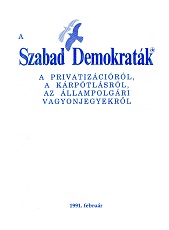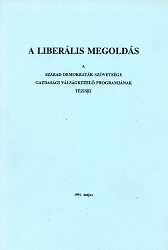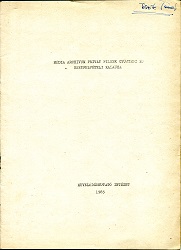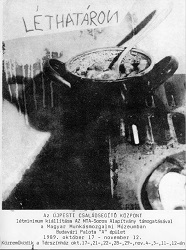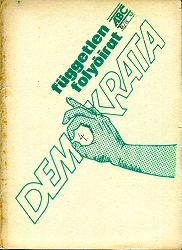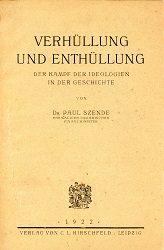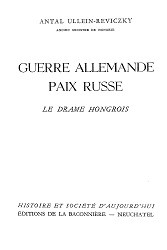GUERRE ALLEMANDE - PAIX RUSSE: Le Drame Hongrois
Author(s): Antal Ullein-Reviczky / Language(s): French
Keywords: CEE post WW II;
No one was more qualified than Mr. Antal Ullein-Reviczky to retrace the political history of Hungary during the fatal years from 1938 to 1944. Both witness and actor of this drama which was to bring the end of the old Hungary, the author of this book wanted to make known both the motives of a very little known policy and the role he himself played in it. // „The Hungarian drama, described in the pages of this book, is not only the drama of Hungary, but at the same time that of all the small countries of Central and Eastern Europe. Because, in spite of their different political constitutions and their different ethnic characteristics, as well as their divergent, often even opposed aspirations, there is a close interdependence between these countries, which establishes a de facto solidarity between them. This should be taken into account when dealing with their history. In short, it is the solidarity of the weak in the face of the strong, a solidarity that asserts itself, without even those in question being always aware of it. However, over time they must come to the obvious, edified by their own experience. It is, in fact, not difficult to discern that the Great Powers, whether united or disunited, make, on all occasions, their own policy and if they show some interest in the small countries which are in their path, this is generally to the extent that the voluntary or forced membership of the latter in one or the other of the camps contributes to serving them themselves. The big ones seldom worry about the only real interest of the little ones, which would be to be left in peace, and especially when these big ones are called Nazi Germany and - all things considered - Soviet Russia. "(The Author)
More...
